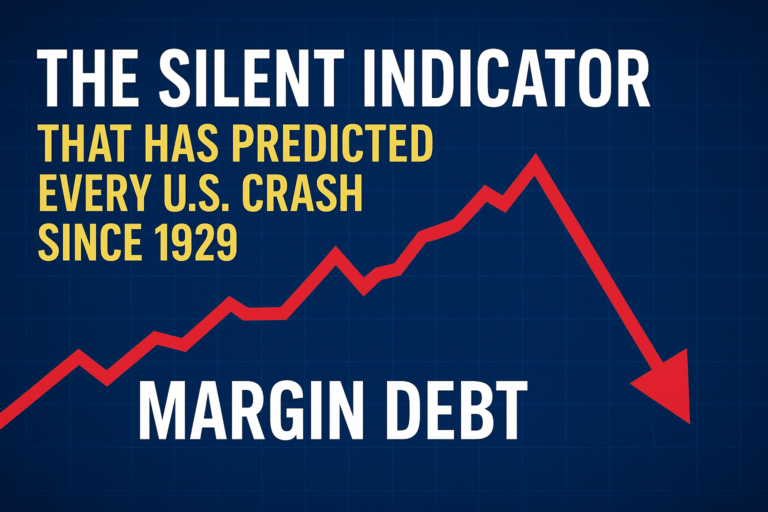
In the race for tech dominance, Amazon and Microsoft have long been the darlings of Wall Street. But 2025 is shaping up to be a year of surprises—and Alibaba might just be the dark horse ready to sprint ahead. While Amazon and Microsoft continue to battle for cloud supremacy and AI innovation, Alibaba is quietly building momentum in Asia’s fastest-growing markets, positioning itself as a compelling investment alternative.
Here’s why Alibaba could outperform its Western rivals this year—and why savvy investors should pay close attention.
1. Explosive Growth in AI Infrastructure
Alibaba has committed a staggering $53 billion over three years to build out its AI infrastructure. This aggressive investment strategy is already paying off: the company has reported seven consecutive quarters of triple-digit year-over-year growth in AI-related revenues. In February 2025, Alibaba even closed a landmark deal with Apple to provide AI services for iPhones sold in China—a move that solidifies its role as a major player in the global AI ecosystem.
2. Strategic Cloud Expansion in Underserved Market
While Amazon Web Services (AWS) and Microsoft Azure dominate the U.S. and European cloud markets, Alibaba Cloud is rapidly expanding across Asia, the Middle East, and Africa. In 2025, Alibaba Cloud posted 11% year-over-year growth, reaching $16.3 billion in annual revenue. This growth is fueled by rising demand in emerging markets, where Alibaba faces less competition and enjoys strong brand recognition.
3. Resilience Amid Regulatory Challenge
Alibaba has faced its share of regulatory hurdles in China, but the company has shown remarkable resilience. In 2025, it reported $137.3 billion in total revenue, a 6% increase from the previous year. Despite a dip in free cash flow due to infrastructure investments, Alibaba’s long-term strategy remains focused on sustainable growth and market share expansion.
Meanwhile, Amazon and Microsoft are grappling with their own challenges. Amazon’s stock has only risen 2% in 2025, weighed down by tariff policies and consumer uncertainty. Microsoft’s cloud growth is impressive, but its AI services are still maturing, and competition is intensifying.
4. Undervalued Stock with Upside Potential
Alibaba’s stock is trading at a significant discount compared to Amazon and Microsoft. With a market cap of $270 billion and a price-to-earnings ratio well below its peers, Alibaba offers a rare opportunity for value investors. In 2025, its stock has already climbed 25% year-to-date, signaling renewed investor confidence.
5. China’s Economic Rebound
China’s post-pandemic economic recovery is accelerating, and Alibaba stands to benefit more than any other tech company. Government stimulus, rising consumer demand, and digital transformation initiatives are creating a fertile environment for Alibaba’s core businesses. Unlike Amazon and Microsoft, which are more exposed to Western macroeconomic headwinds, Alibaba is riding the wave of Asia’s resurgence.
While Amazon and Microsoft remain formidable giants, Alibaba’s unique positioning in AI, cloud, and emerging markets gives it a strategic edge in 2025. Its aggressive investments, undervalued stock, and exposure to China’s economic rebound make it a compelling alternative for investors seeking growth beyond the usual suspects.




